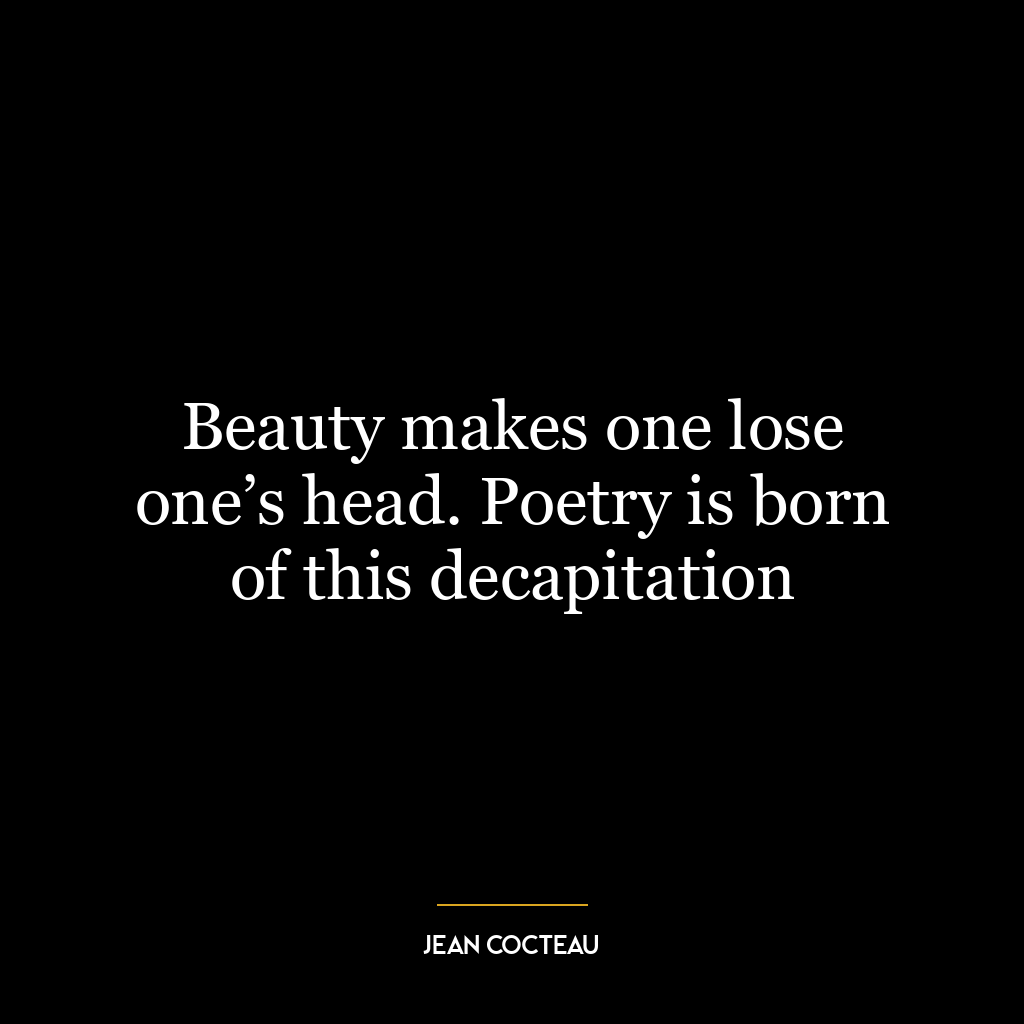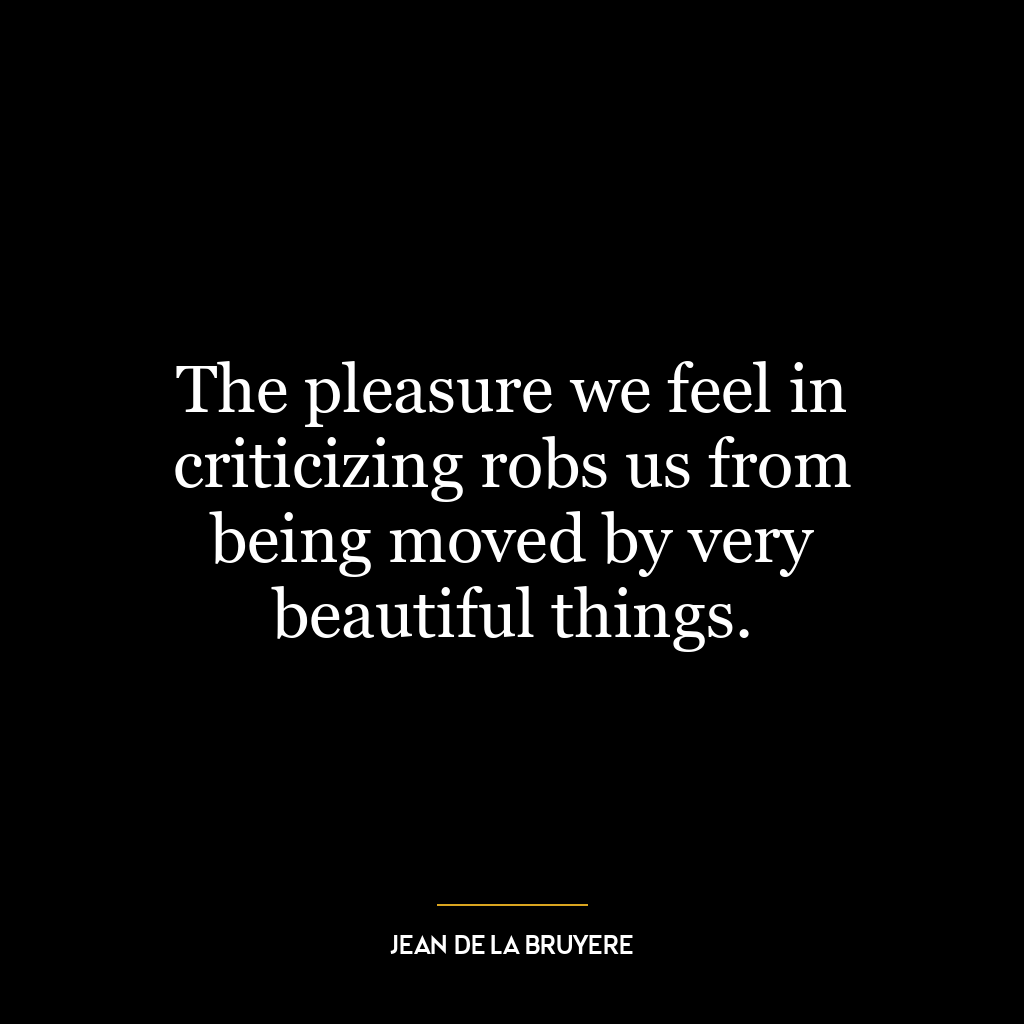Lincoln called laughter “the joyous, beautiful, universal evergreen of life.”
Lincoln’s quote, “the joyous, beautiful, universal evergreen of life,” refers to laughter as a constant, ever-present force in our lives. It is “joyous” because it brings happiness, “beautiful” because it enhances our experiences, “universal” because it is shared by all humans regardless of culture or language, and “evergreen” because it is always there, never fading or losing its vitality.
The term “evergreen” is particularly interesting as it is often used to describe plants that retain their green leaves throughout the year, symbolizing resilience and constant renewal. Thus, by calling laughter an “evergreen,” Lincoln suggests that it has the power to rejuvenate us, to keep us resilient in the face of hardships, and to bring a sense of freshness and vitality to our lives, no matter the circumstances.
In today’s world, this idea is more relevant than ever. In the face of global challenges such as pandemics, climate change, and social unrest, laughter can serve as a powerful coping mechanism, helping us maintain our mental health and resilience. It reminds us of the joy and beauty in life, even in the midst of difficulties.
In terms of personal development, this quote encourages us to embrace laughter as a tool for maintaining a positive outlook and cultivating resilience. It suggests that by finding humor in our daily lives and not taking ourselves too seriously, we can better navigate life’s challenges, keep our spirits high, and continue to grow and thrive. It’s a call to keep the “evergreen” of laughter alive within us, to keep finding joy and beauty in life, and to share that joy with others, creating a universal bond that transcends boundaries and hardships.















